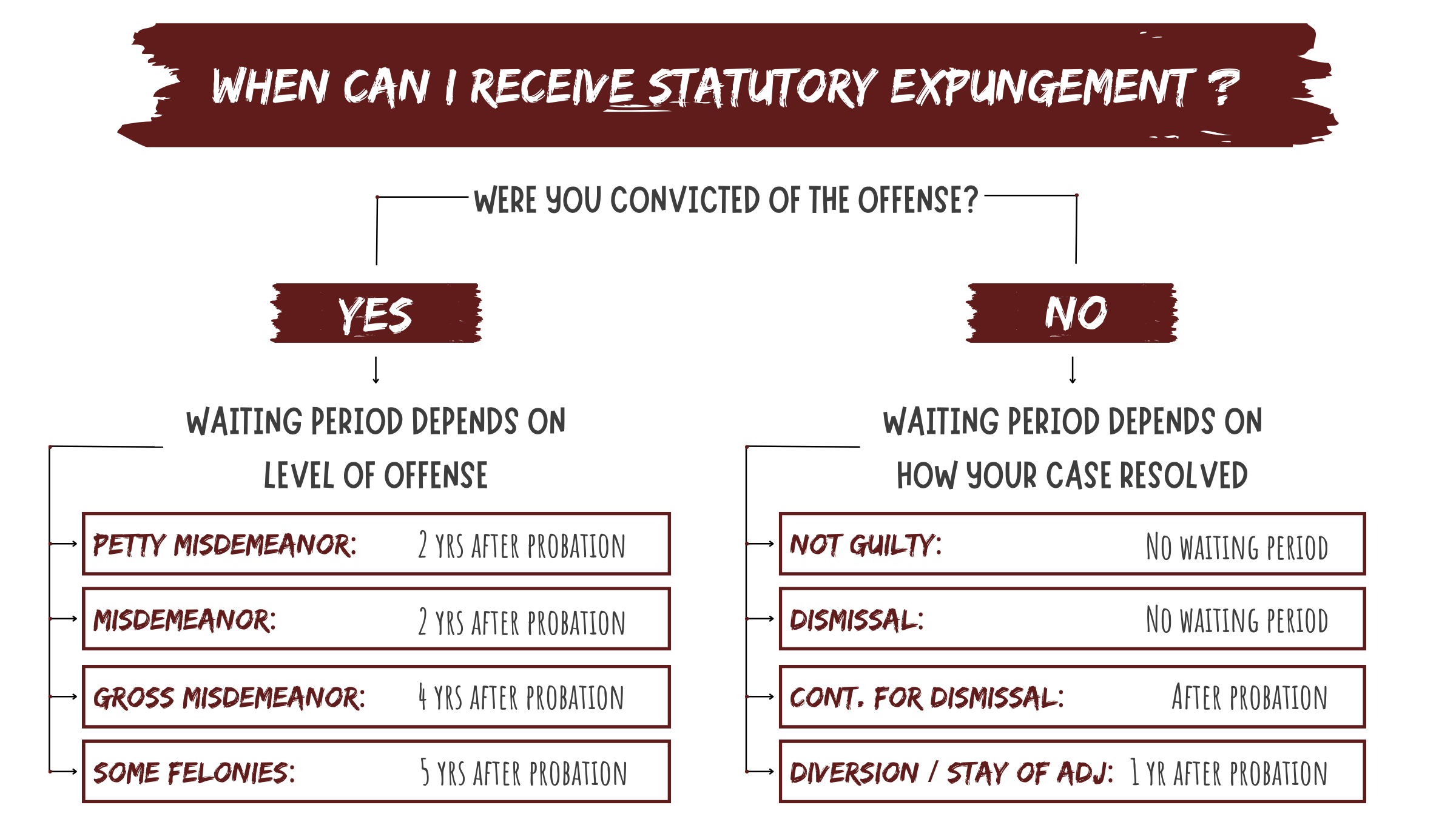
Minneapolis Expungement Lawyer
Hire an Expungement Attorney with Experience
Expungements in Minnesota
In 2015, significant revisions were made to Minnesota's expungement laws. Under Minnesota Statutes Chapter 609A, more individuals are now eligible for expungement and can now fully seal their records. Before these changes, expunging a criminal offense did not fully remove it from your record; for instance, it would still appear on a background check by the Bureau of Criminal Apprehension (BCA). Now, your prior criminal charges may be completely sealed and erased, making it much easier to secure employment, housing, and other opportunities. This is especially crucial for those seeking professional licenses or jobs that were previously out of reach due to their criminal records.
If you are being held back by your criminal record, call Lushanko Law today for expert advice on how to expunge your past. Trevor Lushanko has helped clients eliminate their prior convictions and can guide you to the same result. Call today for a free consultation with an experienced Minneapolis expungement attorney at 952-818-6376.
Request a Free Consultation
Are You Eligible for Expungement?
So, the question arises, how can you take advantage of this new expungement law? First, it is important to know that not all criminal offenses are eligible for expungement. For example, criminal sexual conduct, felony assault, felony DWI, murder, and some other offenses cannot be expunged. It is also important to know that not all expunged offenses will be completely erased from all records.
There are two types of expungement: (1) Statutory and (2) Inherent Authority. A statutory expungement means that the offense may be sealed from all records, including police and corrections records. An inherent authority expungement means that the offense may only be erased from judicial records, but will still show up on state agency records. Read on to learn more about how you can receive a statutory or inherent authority expungement.
1. Statutory Expungement
Before you can receive a statutory expungement on your criminal offense, there is typically a required waiting period after your discharge from probation. The waiting period length depends on the level of offense and how it was resolved. During this waiting period, you must remain crime-free in order to maintain your eligibility for statutory expungement. If you pick up a new offense, your waiting period will restart.
If you were convicted of the offense you wish to expunge, you must demonstrate to the court that you deserve an expungement. You can meet this burden of proof by providing evidence, such as being denied employment or housing. Below are the required waiting periods for each level of offense before you can seek a statutory expungement.
Petty Misdemeanor Conviction - 2 years after discharge from probation
Misdemeanor Convictions - 2 years after discharge from probation
Gross-Misdemeanor Conviction - 4 years after discharge from probation
Some Felony Convictions - 5 years after discharge from probation
Now, if you were NOT convicted of the offense that you wish to expunge, statutory expungement is presumptive. This means you do not have to prove to the Court that you deserve an expungement. You are almost guaranteed the expungement as long as you have completed the required waiting period. Below are the waiting periods based on the nature of your resolution:
Not Guilty Verdict/Acquittal - No waiting period
Dismissal - No waiting period
Continuance for Dismissal - Upon discharged from probation
Diversion - 1 year after discharge from probation
Stay of Adjudication - 1 year after discharge from probation
2. Inherent Authority Expungement
You may petition for an inherent authority expungement if you are not eligible for a statutory expungement. For example, if the required waiting period has not been met, you may still petition for an inherent authority expungement. An inherent authority expungement will not erase all records, so an offense expunged under inherent authority may still show up on a background check. However, an expungement under inherent authority could still be beneficial. For example, a potential employer may be less likely to consider a prior criminal offense if it was expunged by the court. In oder to receive an inherent authority expungement, the court will consider several factors including the nature of the crime, the length of time since the offense occurred, your criminal record, your likelihood of reoffending, and other factors that the court deems relevant.


